
What is technology transfer?
Technology transfer is the process of transferring technology from one person, site or organization to another. It is a valuable step in the development stage that leads to successful commercial manufacturing. According to ICH (International Council for Harmonisation) Q10, a model for a pharmaceutical quality system, the goal of technology transfer activities is to move product and process knowledge between development and manufacturing, and within or between manufacturing sites to achieve product realization. This knowledge forms the basis for the manufacturing process, control strategy, process validation approach, and continuous improvement.
In the pharma industry, the technology transfer starts from drug discovery to product development through clinical trials up to full commercialization. This knowledge includes both what has worked and what has not, and serves as a great learning opportunity. In general, it lays the foundation for the manufacturing process and the control strategy.
There are many types of tech transfer in the pharma and biotech industry, namely site to site, process scale-up, or process scale-down. Each has its own set of challenges but there are some commonalities among the different types.


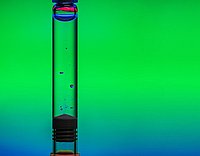
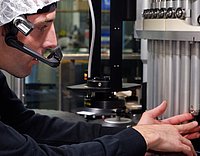
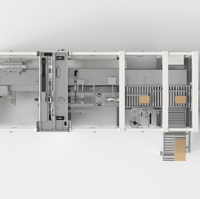
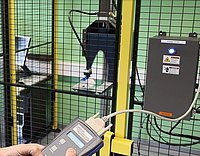

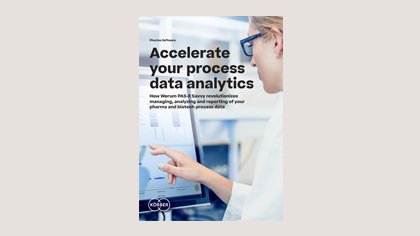

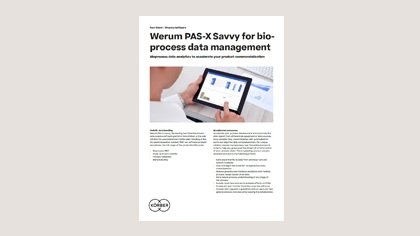
Comments
No comments